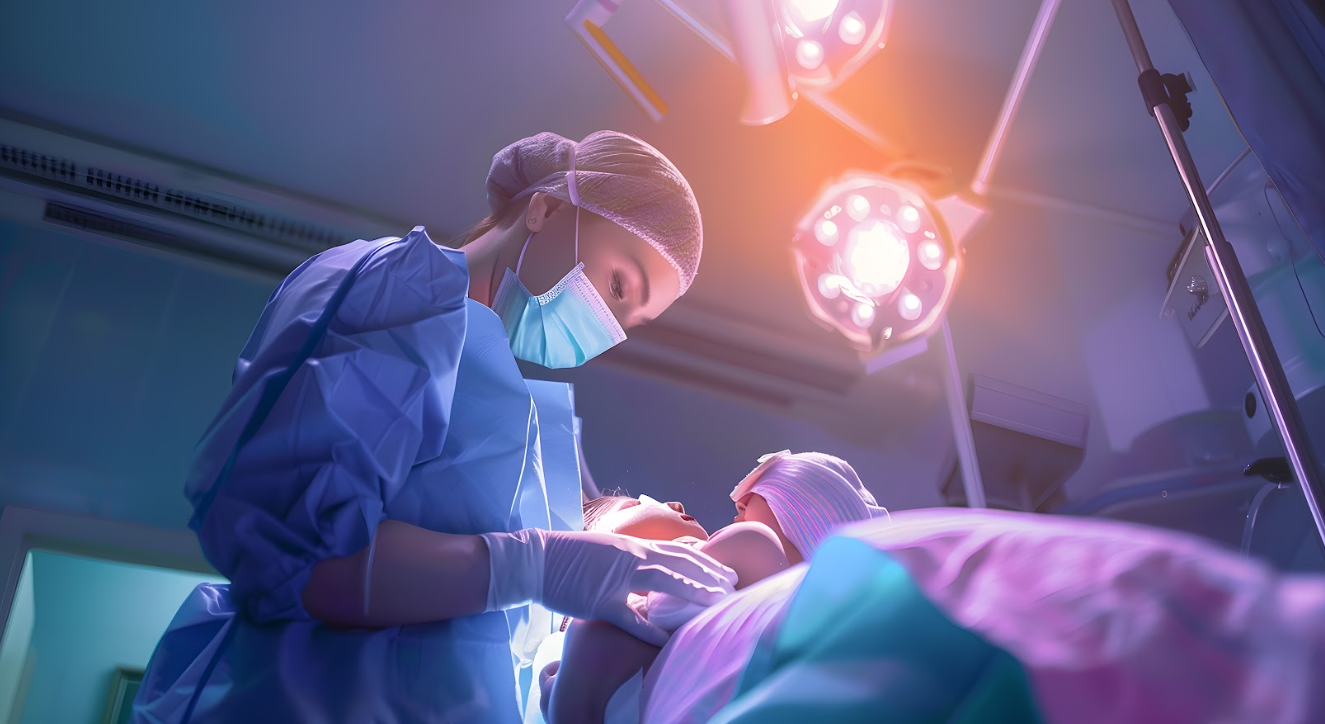Critical care

Overview
Advanced Critical Care Services: Expert Emergency and Trauma Care in Guntur
At Samagra Hospital, recognized as the best multispecialty hospital in Guntur, we are leading the charge in embracing the future of global medical care. With rapid advancements in healthcare technology and innovative medical practices, we are fully prepared to meet and exceed the evolving needs of our patients. Our state-of-the-art, multi-specialty facility is staffed by a team of highly skilled and experienced doctors, each an expert in their field. From cutting-edge diagnostics to minimally invasive surgical techniques, we ensure that our patients receive the highest quality of care.
Advanced Critical Care Services: Expert Emergency and Trauma Care in Guntur
Critical care services at Samagra Hospitals provide specialized medical attention to patients with life-threatening conditions or severe injuries. These services are typically delivered in dedicated areas of the hospital, such as the Intensive Care Unit (ICU) or Critical Care Unit (CCU). Our comprehensive critical care offerings are tailored to meet diverse medical needs, ensuring precise and effective treatment. As the best emergency hospital in Guntur and the best accident and trauma care in Guntur, Samagra Hospitals is committed to delivering unparalleled care and support during the most critical times. Trust our team of experts to provide the highest standard of emergency and trauma care to safeguard your health and well-being.
● Medical Intensive Care: This is the most common type of ICU care, where patients with a wide range of medical conditions such as severe infections, respiratory failure, cardiac issues, or neurological disorders are treated. Patients often require close monitoring, advanced life support, and specialized interventions.
● Surgical Intensive Care:(ECG or EKG): Patients who have undergone major surgical procedures or trauma, such as organ transplantation, cardiac surgery, or extensive trauma surgery, may require surgical intensive care. This type of care focuses on postoperative management and monitoring.
● Cardiac Intensive Care: Cardiac ICUs specialize in treating patients with severe heart conditions, such as acute myocardial infarction (heart attack), congestive heart failure, and arrhythmias. They provide advanced monitoring and interventions, including cardiac catheterization and mechanical circulatory support.
● Neurocritical Care: Patients with critical neurological conditions, such as traumatic brain injury, stroke, or brain hemorrhage, receive specialized care in neurocritical care units. This involves continuous monitoring of intracranial pressure and neurological status.
● Pediatric Intensive Care: This type of critical care is provided to critically ill children and neonates. Pediatric ICUs are equipped to handle a wide range of medical conditions affecting children, including respiratory distress, severe infections, and congenital anomalies.
● Neonatal Intensive Care: Neonatal ICUs (NICUs) are designed to care for premature infants and newborns with critical medical conditions. They provide specialized equipment and expert staff to manage the unique needs of neonates.
● Trauma Intensive Care: Trauma ICUs are dedicated to the care of patients with severe injuries resulting from accidents, falls, or other traumatic events. These units are equipped to provide rapid stabilization and life-saving interventions.
● Burn Intensive Care: Burn ICUs specialize in the treatment of patients with severe burns. Patients with extensive burns require meticulous wound care, fluid resuscitation, and infection control.
● Cardiothoracic Intensive Care: Patients who have undergone heart or lung surgeries, such as coronary artery bypass grafting or lung transplantation, receive specialized care in cardiothoracic ICUs.
● Hematology/Oncology Intensive Care: Patients with hematological disorders (blood disorders) or cancer-related complications, such as severe infections or chemotherapy complications, may require intensive care services.
● Renal Intensive Care: This type of care is provided to patients with acute kidney injury or those requiring hemodialysis or continuous renal replacement therapy.
● Respiratory Intensive Care: Patients with severe respiratory conditions, such as acute respiratory distress syndrome (ARDS) or chronic obstructive pulmonary disease (COPD) exacerbations, receive specialized care in respiratory ICUs.
These are some of the main types of critical care services, and they may vary from one healthcare facility to another based on their specialization and patient population. Critical care teams consist of highly trained healthcare professionals, including intensivists, nurses, respiratory therapists, and pharmacists, who work collaboratively to provide the best possible care to critically ill patients.
CONTACT INFORMATION

Dr Kiran Karnati MBBS MD Anaesthesia
11 Years - Experience, Acute management of ARDS and ventilatory care Acute pain management in OT and ICU Septic shock and cytosorb treatments Poly trauma accident and emergency management

